What’s your name, and what department do you work in? My name is Gary Chu, and I work in the mathematics department.
What are stuff you like to do? I really like to doodle, just drawing. I like letters, specifically, and typography. I also really enjoy cooking, and I like to book restaurant reservations before I book a flight to a different city or continent. I spend way too much money on dining out at restaurants all across the country, all across the world.
How long have you been teaching at Niles North? How long have you been teaching altogether? [District] 219 is actually my first home, and so this is “lucky number 13”–my thirteenth year. My first year, I traveled between North and West, and then starting my second year, I call Niles North my home.
How have you found Niles North to be like? It’s been nice! I think, when non-educators or even educators at different schools ask me what I like about it here, one of the things I usually talk about is how I work with a student demographic that has so many students who look like me, and that’s not something that I grew up with. Going to Chicago public schools, I found myself to be one of a handful of East Asian-identifying students, but there’s so many students here who I have the opportunity to work with who have similar backgrounds and upbringing as I do.
What’s your favorite thing about teaching math? Something that I strive to do, and I know that I can continue to get better at, is ask more meaningful questions, because math, outside of academic spaces–the math that’s worth doing–there are an infinite number of answers that you can have. That’s contrary to what a lot of people think about math, where there’s always going to be a specific answer. Math, to me, the math that I think is worthwhile–the problems that we are trying to solve don’t have one single answer, they could have many different answers.
How might we see that kind of multi-answer mathematics in the wider world? Look at racial demographic data at Niles North for students. [District] 219 likes to pride itself in being a very racially and ethnically diverse school district, so we look at and break down the demographics, and then the question that I pose to the class is, “What would our teaching staff look like if it was proportional and representative of our student body?” And then there’s questions that lead to, “Oh, how many white teachers do I have? How many Black teachers do I have? How many Asian or Latinx teachers do I have?” And as students have those conversations, it’s interesting to hear them really just sit with, there’s not a lot of teachers who are not white. We do have a higher than national average–I think we’re at, like, 81% of our staff identifies as white, whereas teaching staff across the country is about 70-72% white. That conversation ultimately can lead to what to do about hiring practices or retention strategies for teachers of color. So that’s a meaningful question that can be asked that we can use math to reason our way through.
What kinds of non-academic lessons do you want your students to take away from your classes? Outside of high school, even when you get to college, so much of math is collaborative, but in high school settings, it’s, “Can you do this thing all by yourself?” or “How well can you do this single thing by yourself?” But I try to inject opportunities for the students I’m working with to try stuff together as much as possible. Even on assessments, we’ll do stuff like that, where it might be a collaborative experience where they might have to work through a problem set, or maybe they’ll have to design something or build something.
What are fields or activities where we use math, even though we might not realize it? Math, to me, is more about being able to understand how to pick apart a problem and figuring out ways to approach how to navigate and problem-solve. So I feel like we use it a lot. I know a lot of the time, students will be like, “Yeah, just because you teach math, you want us to think that we’re gonna use math all the time.” I know that we’re not gonna use math all the time, especially with technology advancing the way it does. We have artificial intelligence that’ll help us, and just like when the calculator was invented, mathematicians are gonna be utilizing these tools. How can it push us, in whatever field we might be in, to think in ways that we’ve never thought before, create in ways that we’ve never created before?
What’s your favorite movie, TV show, and/or book? TV show (might be recency bias): one of the best shows I feel I’ve watched recently is The Bear. It follows a world-renowned chef who comes back to Chicago and takes over his family’s Italian beef restaurant. And then, it just goes through, kind of like the struggles and the chaos of running a restaurant. Great writing, great acting, great character development!
Are there any notable figures you really look up to–celebrity, fictional character, or anyone else? Asian-American superstar Keanu Reeves! I find him to be such an interesting Hollywood figure. In many circles, he’s held to such high regards, and I think for me growing up as an Asian-American, I didn’t have many people who I could look to in that way. And to see him do that for so long, from his days in Bill & Ted’s Excellent Adventure to John Wick 4–he’s had such a huge career, and the way that he gives back to [the] community and to the people that helped him along the way, I think, is kind of a beautiful thing.


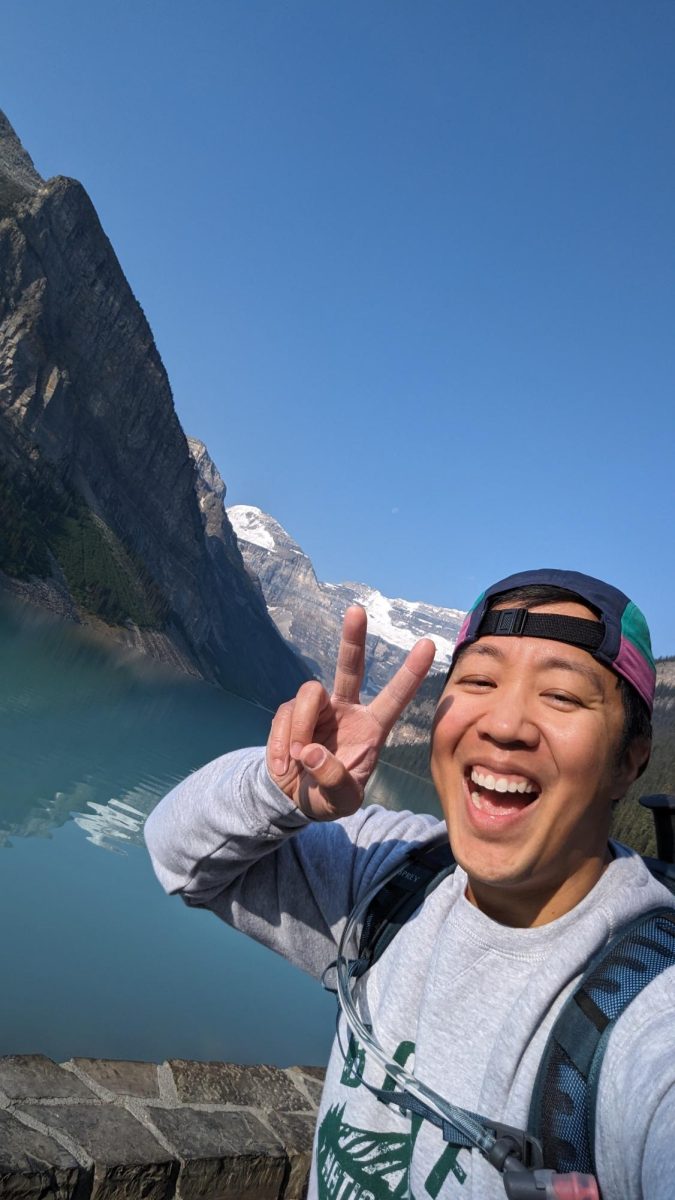
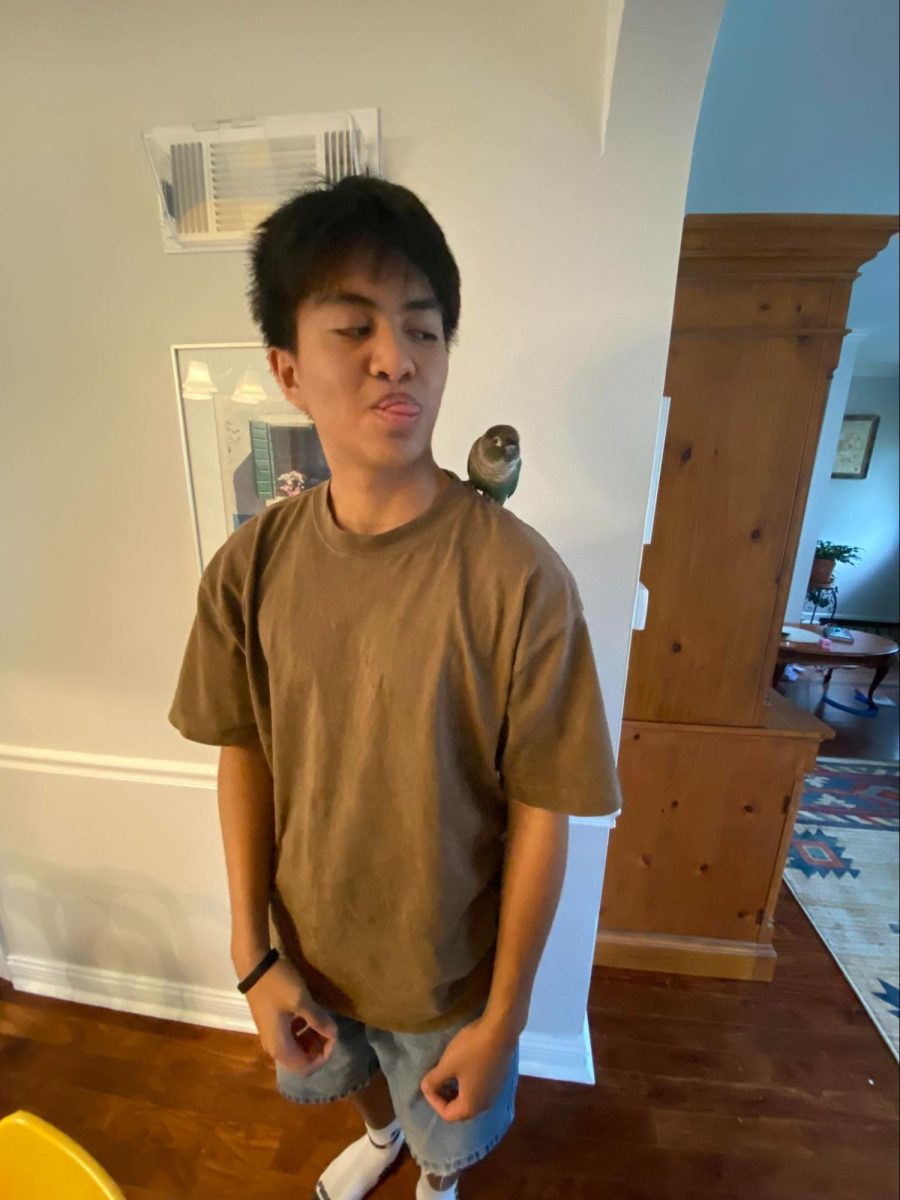
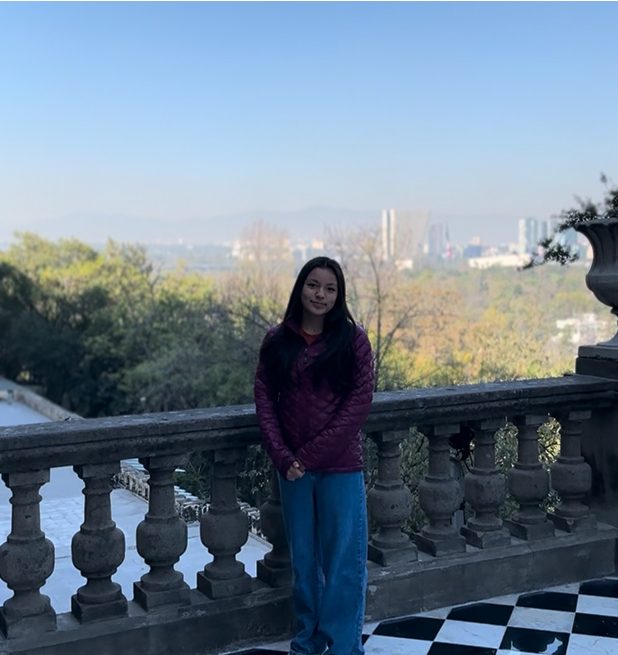
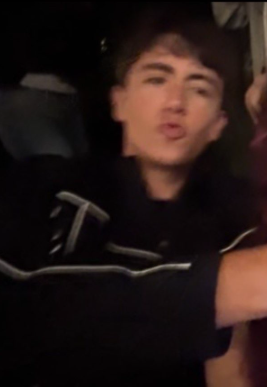

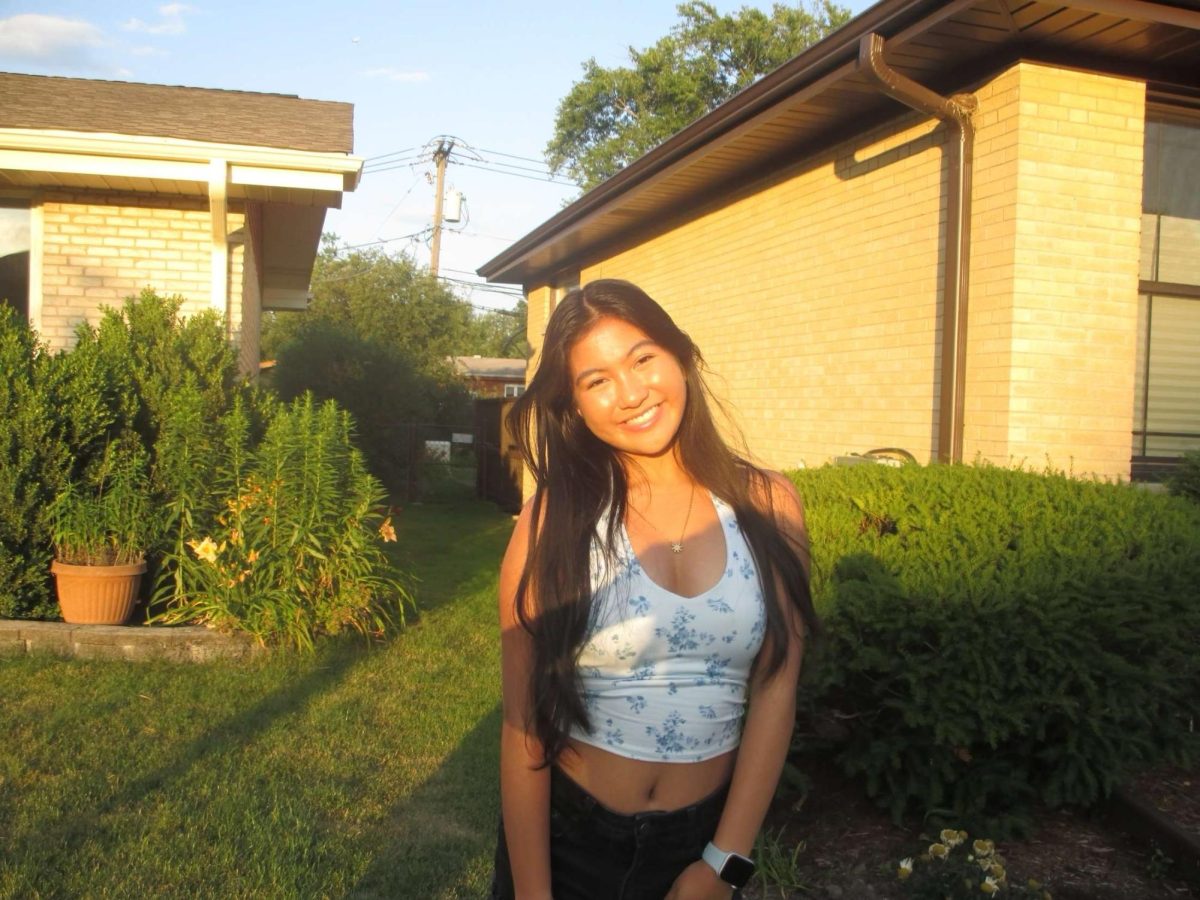
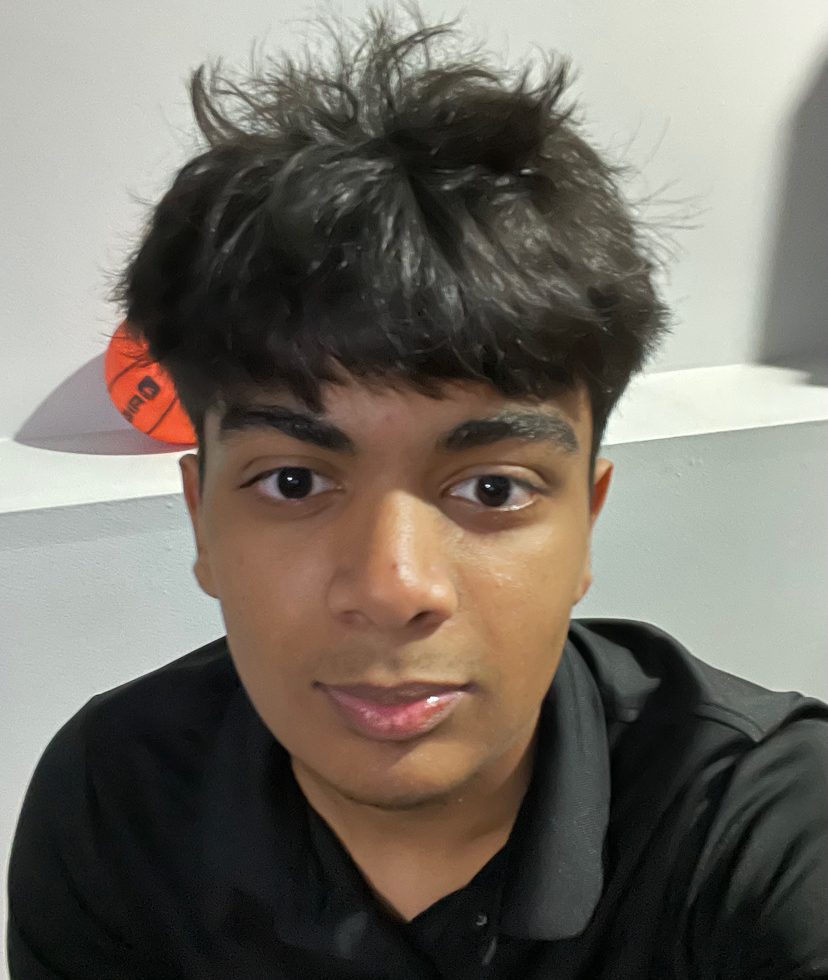
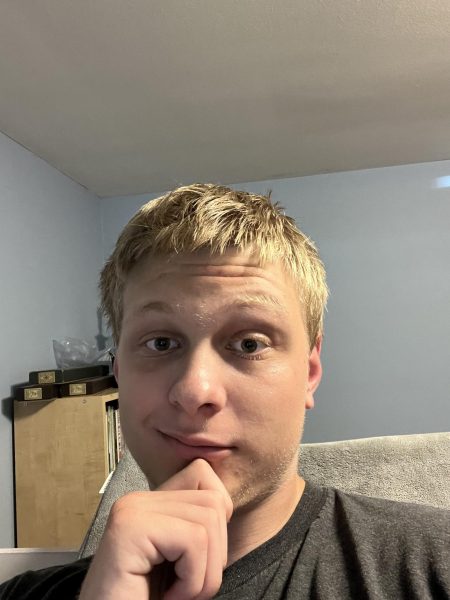
Cynthia Fey • Sep 18, 2023 at 2:27 pm
Keanu Reeves and Mr. Chu are THE BEST. Thanks for this profile!